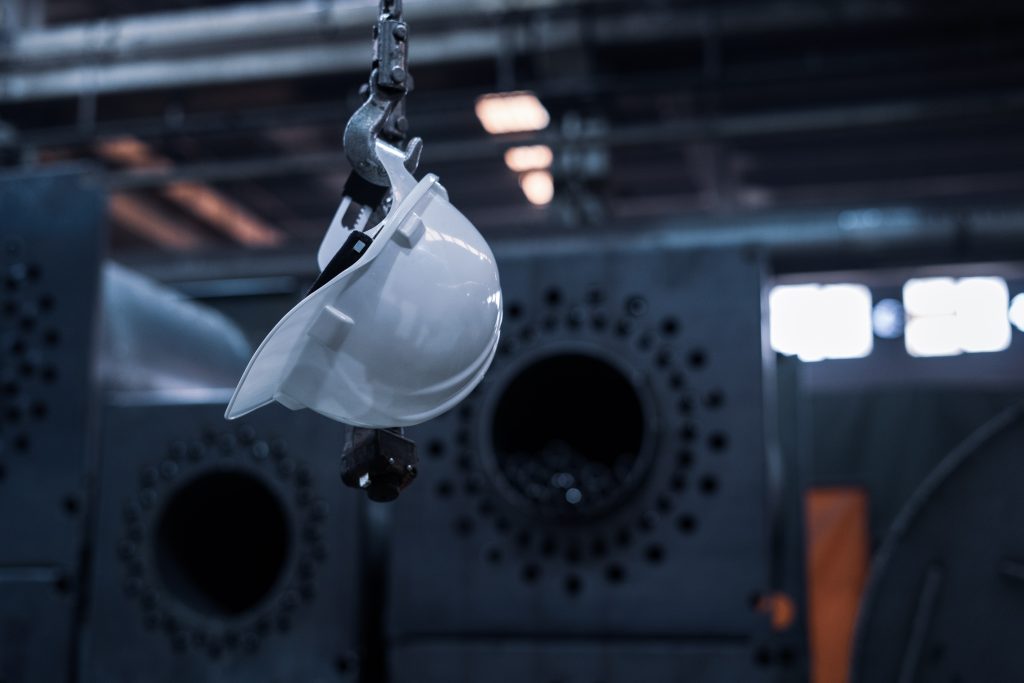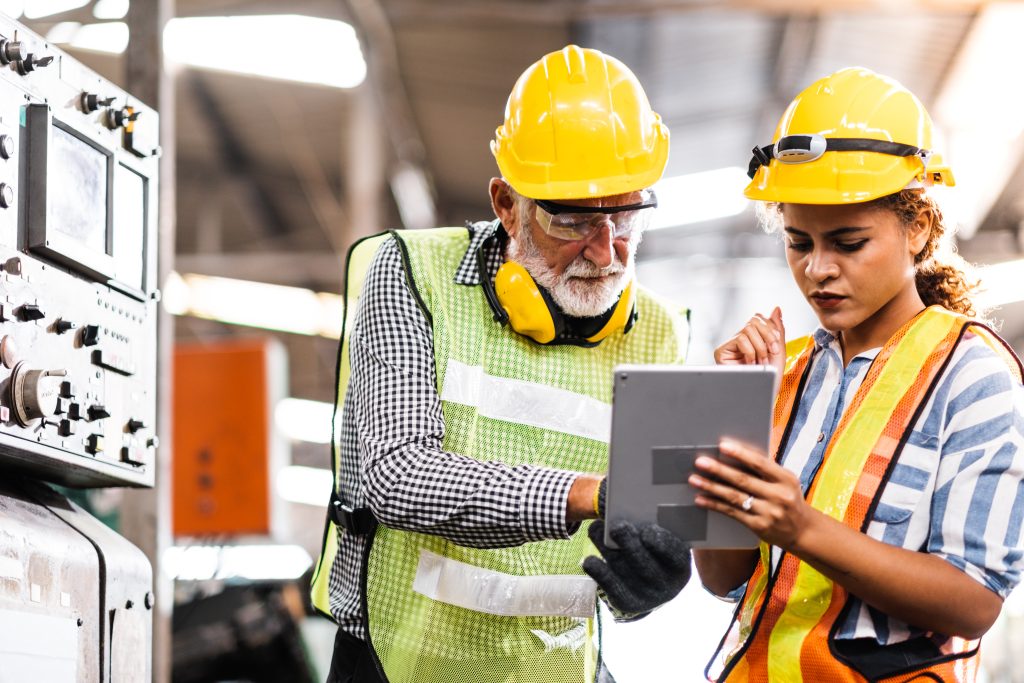PPE and EPC: Differences and Importance
When cooperators work in places classified as “risk zones”, the law ensures that their safety is valued and that accidents at work are avoided, and for this reason, the use of PPE and EPC is mandatory.
BMS Technology
When cooperators carry out their activities in places classified as “risk zones”, the legislation guarantees the preservation of their safety and the prevention of accidents at work. Therefore, the use of Personal Protective Equipment (PPE) and Collective Protection Equipment (CPE) has become mandatory.
In this sense, it is essential to know the difference between PPE and EPC, their uses and how they complement each other.
Therefore, in the course of this article we will explore these points and show how essential these equipment are. In addition, we will present a platform that will provide complete control of EPC and PPE for your company.
PPE AND EPC: Differences
EPI and EPC are acronyms for, respectively, personal protective equipment and collective protective equipment.
EPIs are protective equipment that the worker uses to increase safety at work, avoiding accidents and preventing possible illnesses.
In turn, the EPC, despite having the same principles as the PPE, aims to protect a whole group of workers at the same time, who perform a certain activity or work. That is, they are allocated to places and not to people.
Some well-known examples of PPE are goggles, helmets and gloves. And in the EPC category we have signage boards, cones and containment grids.

How important is it to use PPE and EPC?
By defining the objectives and functions of these equipment, the degree of importance they have in the day-to-day of the industry is already clear.
Both serve to minimize or eliminate existing risks in the work environment. But despite having the same purpose, it is necessary to use both types, so that one complements the other. Making it possible as soon as the risks are really eliminated.
It is the use of both that guarantees the preservation of the workers' integrity for the company. As well as a lower rate of employees on leave and prevents penalties caused by non-compliance with technical standards.
In order for your company to preserve health and safety in a broad way, the use of this equipment must be carried out correctly. Therefore, it is necessary to evaluate the activities, the risks and select which types of PPE and EPC are compatible with the needs.
If the company does not have work safety professionals, work safety advisors or consultants can be hired. The CIPA document can also be used, which consists of the information necessary to prevent accidents in work environments.
In addition to these reasons, it is important to remember that they are not only necessary, but mandatory. As well as its supply and instructions for use, according to Regulatory Standard (NR) 6.
Is just providing PPE and EPCs enough?
As mentioned before, in order to classify which equipment is needed, your industry will need to carry out a risk analysis. However, this task can be more efficient when automated by a suitable system.
It is also necessary for the company to provide the equipment, install it, raise awareness and instruct about the importance of using it. In addition, it is essential to carry out inspections to verify that they are being used properly.
It is also important to remember to renew the stock of these items whenever necessary, so that there is no shortage.

What are the consequences of not using PPE and CPE?
Despite the obligation, it is not at all uncommon that there are still companies and employees who neglect the use of protective equipment. However, the consequences for these neglects are significant. Let's see them in two ways:
1 - Consequences for the cooperator
The company is responsible for providing, informing and verifying the use of PPE and EPCs, but it is up to the cooperator to respect and follow the recommendations. Failure to do so may result in none, several, or all of these things:
health damage
The lack of proper use of PPE can result in several consequences, depending on the activity that the employee performs. Some examples are hearing loss, eye damage, burns or cuts, and illnesses caused by exposure to harmful agents.
Life risk
Depending on the degree of risk of the activities that the cooperator performs, the misuse or non-use of PPE can result in risk to life.
Dismissal for just cause
In article 158 of Law 6.514/77, the employee's unjustified refusal of protective equipment is considered a faulty act, thus being qualified as just cause.
Suspension
By not using the equipment provided by the company, the employee is subject to suspension of up to thirty days. Period that will be deducted from your salary.
2 – Consequences for the company
The consequences for the company are no less severe than those that can affect the employee when there is no adequate supply, instruction or failures in the use of PPE and EPC.
Among the possible outcomes are:
Embezzlement in productivity
When an accident occurs due to the lack or inappropriate use of PPE and EPC, the employee must be immediately removed. A consequence that, although it is lighter, is not insignificant. The absence of the employee directly impacts production, resulting in a lower volume of activities and causing a lack of productivity.
fines and indemnities
If inspections occur at the company and employees are using PPE and EPCs inappropriately or are not using them, the company will be subject to fines and even banning.
Court lawsuits
If there are accidents in the work environment due to lack of equipment or lack of training by the company, the company will respond in court if the employee takes action against it. This can result in damages and generate a great cost to the company.
Pensions
In case of accidents resulting in death, the company is responsible for paying pension to the employee's family members.

Complete control of PPE and EPC
We know that negligence regarding the safety of workers in the workplace can result in great costs for the company, and not just financial ones.
As we saw in the first paragraphs, for this not to happen, a risk analysis, security control and PPE and EPC stock control is necessary.
BMS Manufatura 360 is a platform that provides all these resources, in addition to providing assistance in auditing and behavioral observation.
Through it all these steps will be automated, ensuring improvement and efficiency for your company.
You can learn more about this product by contacting one of our consultants.
To access more content like this follow our blog!













